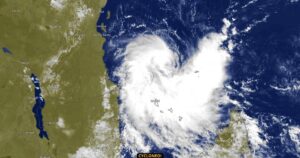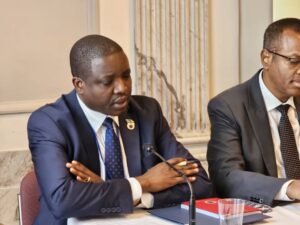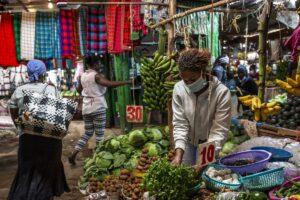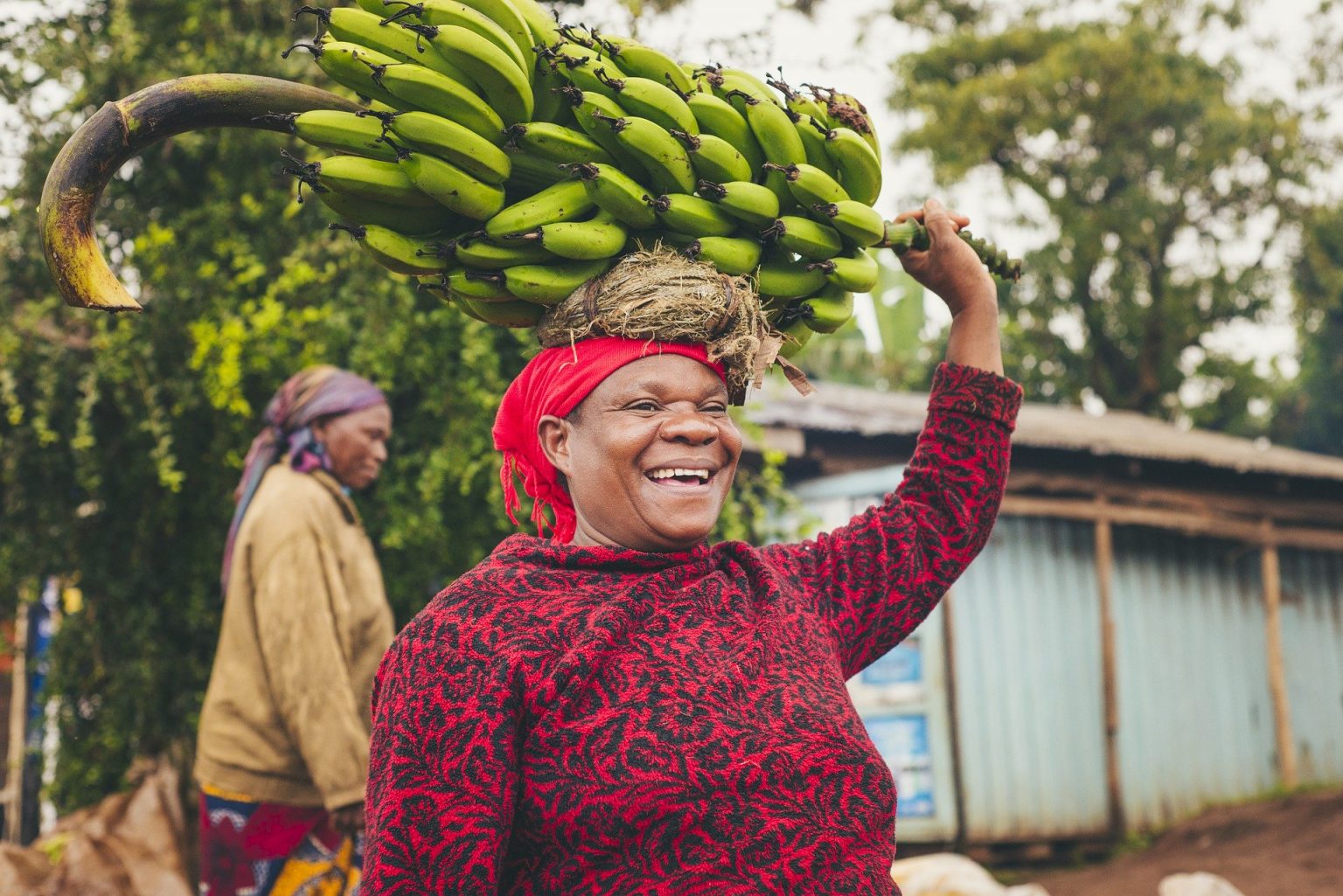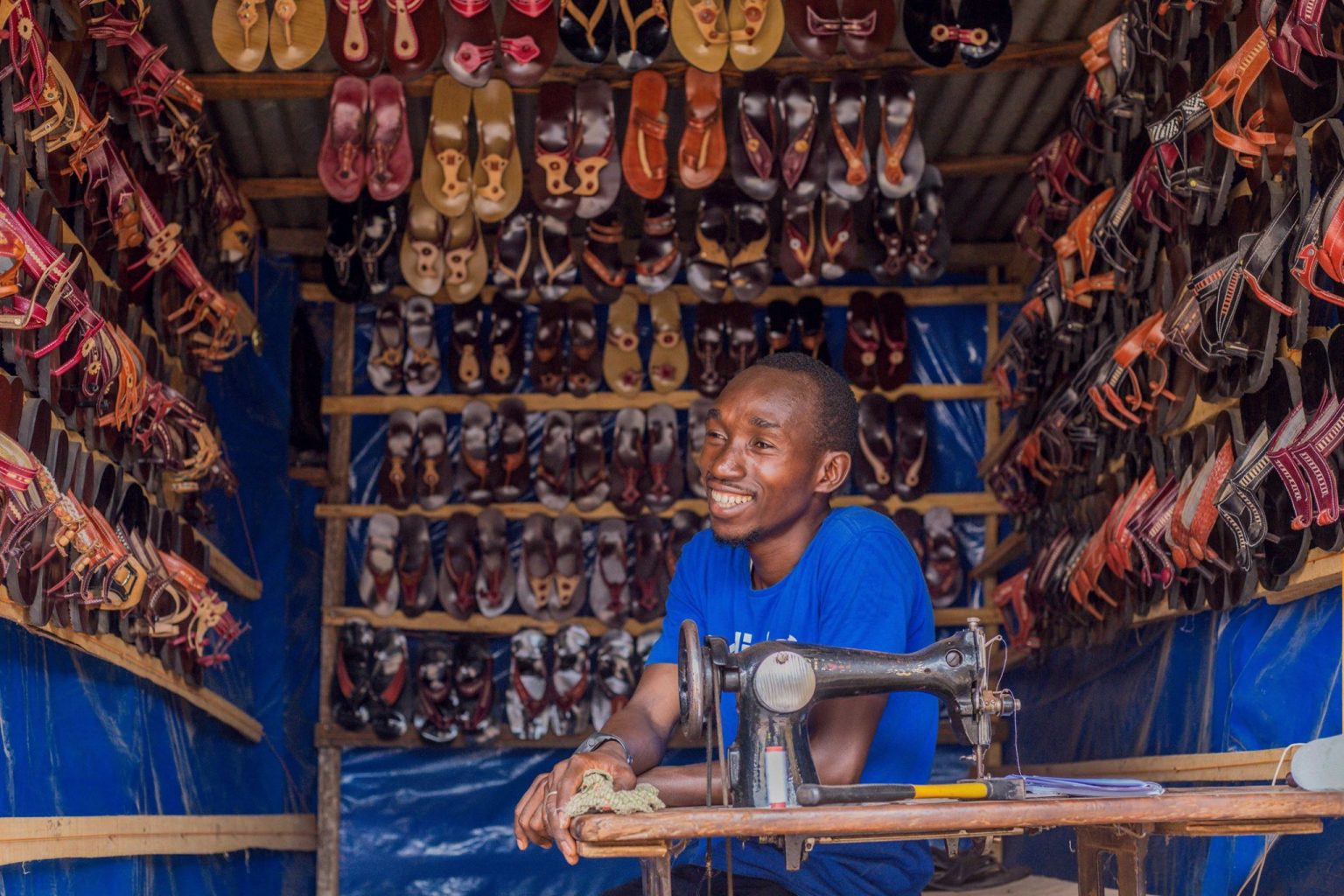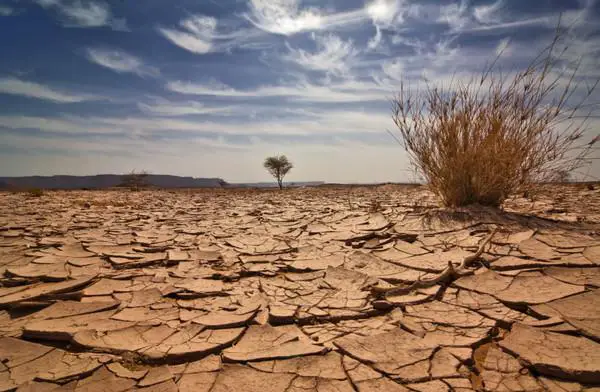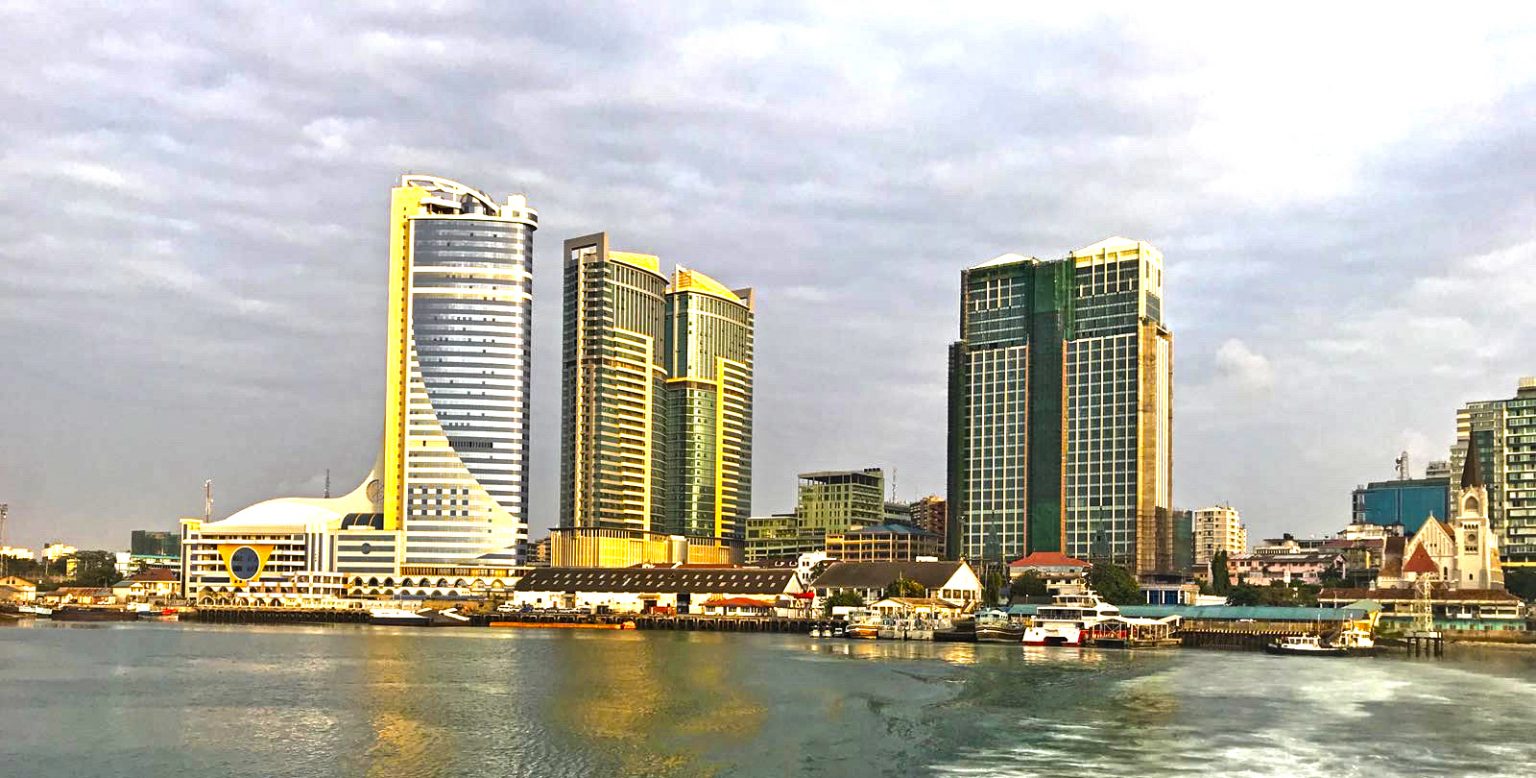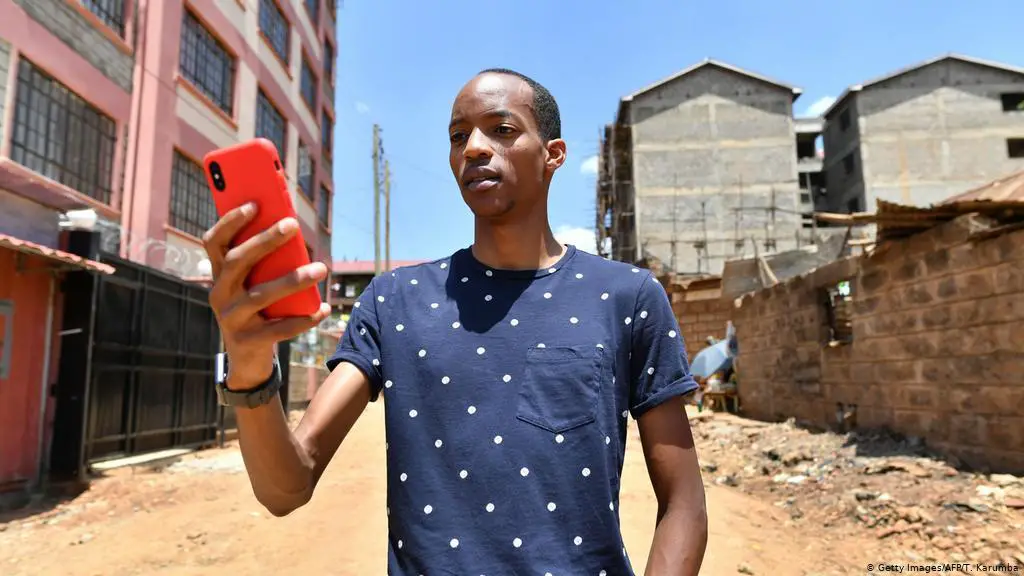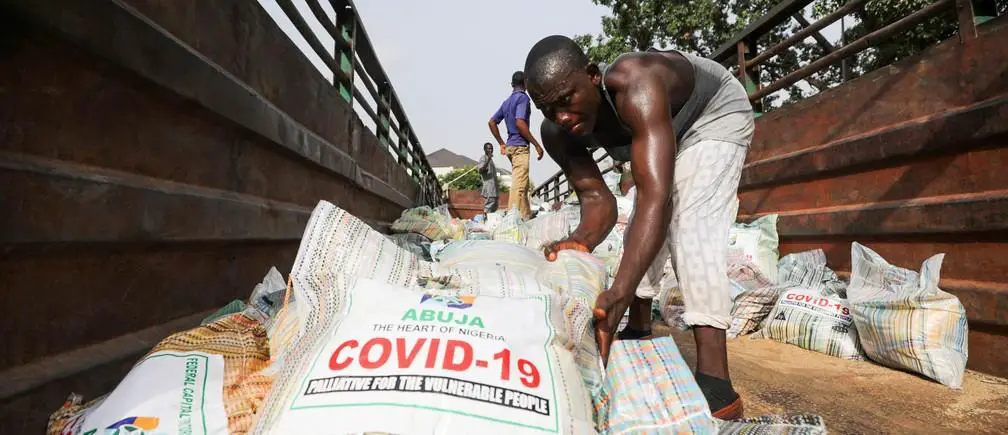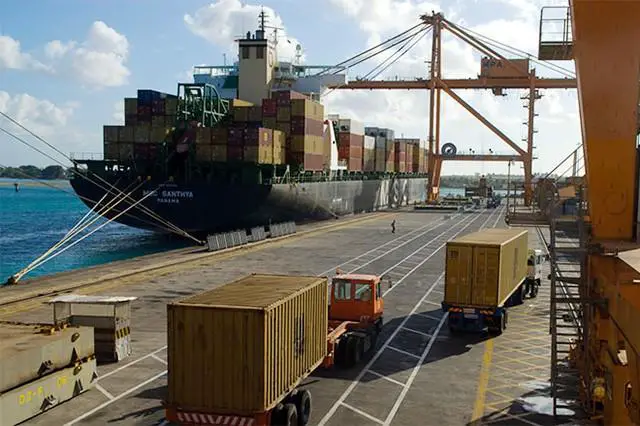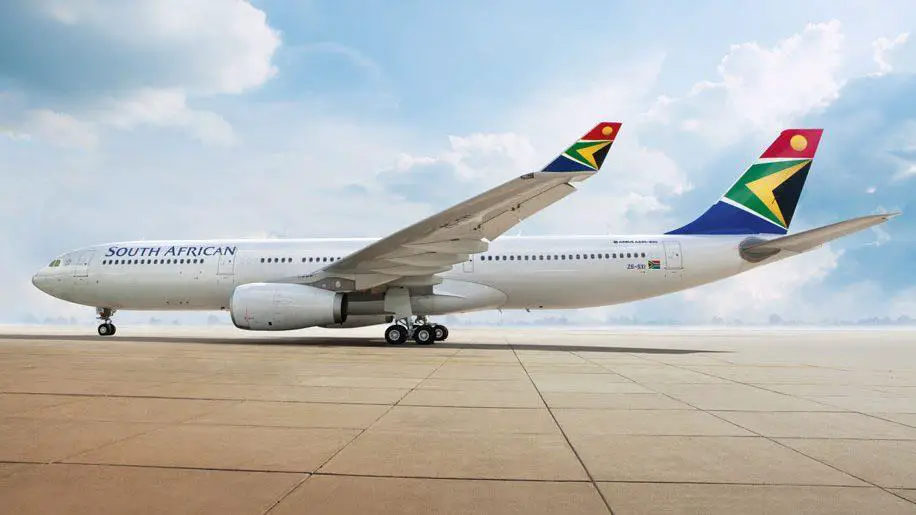- Kenya, Tanzania braces for torrential floods as Cyclone Hidaya approaches
- EAC monetary affairs committee to discuss single currency progress in Juba talks
- Transport and food prices drive down Kenya’s inflation to 5% in April
- Payment for ransomware attacks increase by 500 per cent in one year
- History beckons as push for Kenya’s President Ruto to address US Congress gathers pace
- IMF’s Sub-Saharan Africa economic forecast shows 1.2 percent GDP growth
- The US Congress proposes extending Agoa to 2041, covering all African countries
- Millions at risk of famine as fuel tax row halts UN aid operations in South Sudan
Author: Padili Mikomangwa
Padili Mikomangwa is an environmentalist based in Tanzania. . He is passionate about helping communities be aware of critical issues cutting across, environmental economics and natural resources management. He holds a bachelors degree in Geography and Environmental Studies from University of Dar es Salaam, Tanzania.
The quarterly economic bulletin published by Bank of Tanzania (BoT) has provided promising prospects for Tanzania’s fast-growing economy.
The Q2 report for the period ending June 2020 recorded satisfactory performance in a few sectors despite the coronavirus grip.
In the reporting period, real gross domestic product grew by 5.7 per cent which is slower than 6.3 per cent in the corresponding quarter in 2019. In the same period, Tanzania attained a lower-middle–income status as categorized by the World Bank.
According to the central bank’s bulletin, construction, agriculture, transport and storage, mining and quarrying sectors all together were accountable for the 60 per cent mark on growth.
As Tanzania keeps its mast strong amid fears of the virus, the BoT bulletin depicts inflation was sustained, while monetary policies and enhanced liquidity were responsible for cushioning the financial sector from COVID-19 …
Africa’s labour pool is uniquely made up of various sections, the most dominant one being the informal sector—encompassing the most human capital, catering for most young-population livelihoods and it is highly un-attended—in terms of proper management and regulations by governments across the region and there is substantial evidence to back this claim.
According to a 2018 publication by the World Bank Understanding the informal economy in African cities: Recent evidence from Greater Kampala, the informal sector accounts for huge employment in African cities, marking 86 per cent of total employment in sub-Saharan Africa according to the International Labor Organization estimates (ILO).
“With a pervasive informal sector, city governments have been struggling with how best to respond. On the one hand, a large informal sector often adds to city congestion, through informal vending and transport services, and does not contribute to city revenue,” …
Nature hurts economies, and if such economies are not well equipped to handle the aftermath of flooding, famine, water scarcity, or food insecurity—the more shocking realities are bound to come.
Climate change is real and it hurts African economies, and the region is being slapped with a heavy price to pay, amid its struggle to mark sustainable development.
According to a 2018 report by The Conversation, in the same year—almost 10,000 homes were wiped off the ground by floods, displacing nearly 2 million people in Africa up to September 2018.
In East Africa, Tanzania losses nearly $2 billion in damage from floods according to a report published by Nature Climate Change in 2017.
As the least emitter of greenhouse gases, Africa stands to lose a lot in this battle, with climate action funding coming in short and countries such as the United States of America and China tiptoe on taking …
The monthly economic review produced by the Tanzania central bank (BoT), depicted rather positive prospects of the economy, such as inflation, fuel prices and food stocks, despite the grim grip of the coronavirus (COVID-19), which hurt several sectors of the economy.
The report published on Tuesday, marking the financial year ending June 30, 2020, also displayed good performance of the exports, foreign exchange reserves and interest rates.
Revenue collection
Government budgetary operations took a slight hit, as the domestic revenue collection performed below the target due to the virus grip, standing at almost $559,000.
“However, the collection was higher than in the corresponding %54.4 million and an increase of $ 867.1 million from the end of the preceding month and the corresponding month of 2019, respectively. Much of the external debt stock was central government at 78.2 per cent” the monthly review noted.
Domestic financial markets
According to the central …
It is with no doubt that Tanzanians remember the period when the country rose from a state-controlled economy attached to socialist objectives; then came efforts to broadcast Tanzania to the world, heralding a liberalized economy and pursuing market-oriented reforms. It is significantly crucial to say Tanzania remembers this vital stride, made possible by its late third President Benjamin William Mkapa, who passed away on July 23 in Dar es Salaam, Tanzania.
Mkapa was Tanzania’s most distinguished political figure whose tenure as president began from 1995 to 2005. He assumed many international and regional roles, as a diplomatic figure, peace negotiator and a chair to different bodies such as Southern African Development Community (SADC), and founder of a trust in his name.
As Tanzania mourns his passing and also celebrates his utmost service to the most vital office in government, it is of paramount importance to exercise remembrance of his …
It has never occurred in Africa for people to remain indoors, work from home and limit human interactions as much as possible to curb the spread of disease.
Nearly 42 nations enacted partial or full lockdowns to limit the spread of the coronavirus (COVID-19), hence—this ushered rolling drums for other aspects of life to take form, particularly digitization of life.
Africa, a continent of more than 1.3 billion people, experienced the horror of the virus as massive volumes of trade and goods ceased to interact within the economy pool, forcing some communities to adopt other means of life, including being well versed with virtual meetings, online shopping, online learning and online working.
As Rwandan President Paul Kagame says, “…the pandemic is a test for us. The way we address it shows our level of preparedness against anything that attempts to disrupt our lives and …
Africa, the continent of more than 1.3 billion people has experienced its share of the coronavirus (COVID-19), which shaved off crucial portions of the continent’s economy (tourism, trade and travel) leading to funding holes, debt burden and propelling unemployment and inequalities.
There are several projections laid out benching on Africa’s economic trend. According to UN estimates, African countries have so far lost an estimated US$29 billion due to the pandemic.
Meanwhile the United Nations Economic Commission for Africa (ECA) pinned its forecast noting the virus will shave 1.4 per cent off Africa’s $2.1 trillion GDP, hurting the continent’s business landscape.
Despite the pandemic eviscerating this year’s plans of enhancing tourism and travel horizons for East Africa’s hotbed Tanzania and Kenya, the African Development Bank (AfDB) finds the region undeterred in the face of the pandemic , as it becomes …
It is legal to say the world as we know it has been kidnapped by the novel coronavirus, which has left thousands dead and millions who have contracted it. The United Nations Industrial Development Organization (UNIDO) confessed that “the economic crisis unleashed by the outbreak of COVID-19 is hurting economies, regardless of income level”.
According to its latest numbers, UNIDO indicated that both lower and upper–middle-income countries have been significantly impacted by COVID-19, with an average loss in industrial production across countries, standing at 18 per cent (high-income), 24 per cent (upper middle-income) and 22 per cent (lower middle-income).
The pandemic has hurt a lot of economies but more importantly has taken a toll in some developing countries, such as Kenya and Tanzania who rely on travel and tourism dealing a huge slap on foreign receipts.
The World Bank …
Africa is great and has the potential to be greater—economically. The youngest continent in the world stands to garner billions in the trade as its youngest generation present a potential to transform, the continent’s economic pillars, from agriculture to investment.
The region has more than 1.3 people and nearly 60 per cent of its population is under 25 years, according to United Nations Data for World Population Prospects 2017. This means that Africa can fetch healthy intra-regional and international trade growth if it utilizes its existing potentials.
As the African Continental Free Trade Area (AfCFTA) is around the corner to be domesticated (postponed due to virus outbreak), the trade pact could ignite Africa’s industrialization and boost income generation.
The trade pact connects more than 1.3 billion Africans in 55 countries with a combined gross domestic product of nearly $ 3.4 trillion while lifting more than 30 million people from extreme …
South African Airways (SAA)—one of Africa’s largest carriers have gained a promising turn, as its administrators said conditions for a business rescue were met to bring the state-owned carrier back to operations.
According to information from Bloomberg News, the administrators did not provide any further notice to affected parties on Tuesday, Bloomberg reported that “whether the government had met their demand to place in an escrow account $988 million the state has guaranteed to creditors should the carrier fail. The Treasury said on Monday its usual guarantees should suffice”
The SAA which was illustrated by News24 a South African business publication, that had a net asset value of nil in 1999 and since then has contended with a weak balance sheet exaggerated by weak management and a poor business model.
Further, the which SAA has received no less than $3 billion in bailouts or recapitalization over 20 years, starting from …
